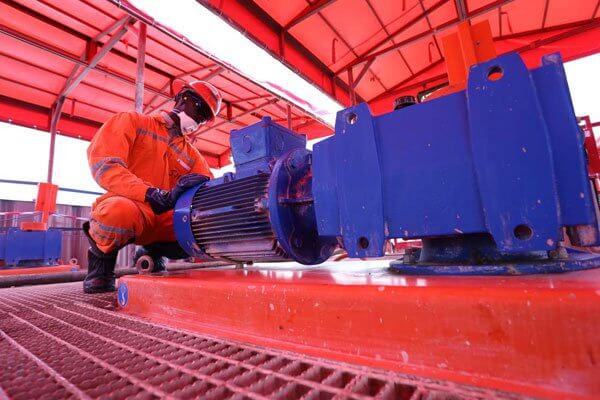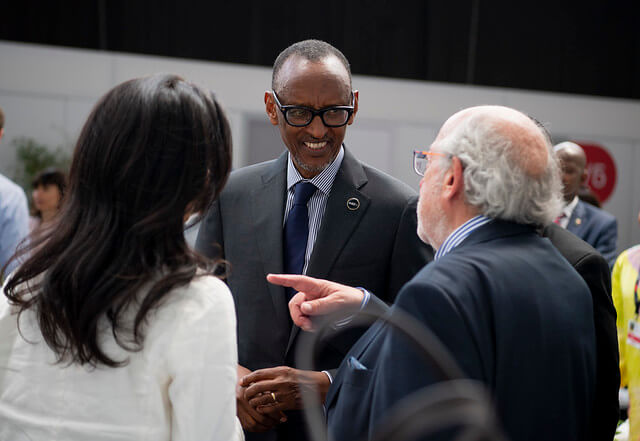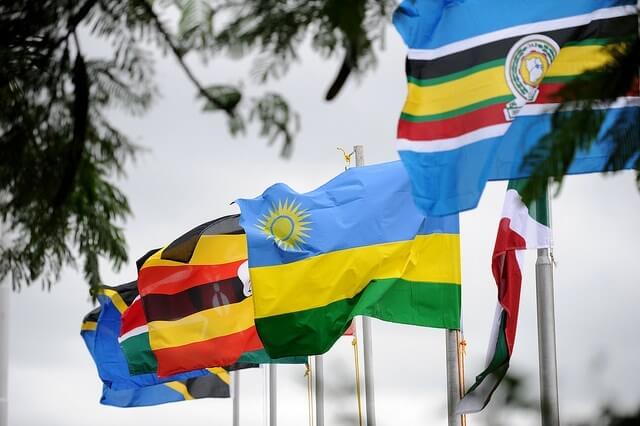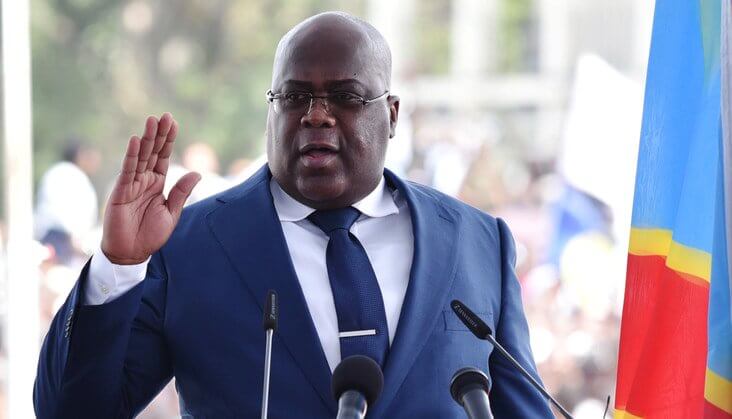East Africa remains a top destination for foreign direct investment, with new data for 2018 showing that the region attracted inflows of $4 billion. The latest World Investment Report 2019 by the United Nations Conference on Trade and Development shows that despite flat growth in FDI in the larger East Africa, which remained largely unchanged at $9 billion due to contractions in Ethiopia, the East African Community partner states recorded impressive growth. In Uganda, inflows reached a historic high, increasing by 67 per cent to $1.3 billion, while Kenya posted a 27 per cent growth to $1.6 billion. In Tanzania, inflows grew by 18 per cent to $1.1 billion. During the year, investment flows were channelled to diverse industries, with manufacturing, chemicals, hospitality and oil and gas being the main attraction for foreign investors. Inflows to Ethiopia contracted by 18 per cent to $3.3 billion, although the country remains the biggest FDI recipient in the region, with investments in petroleum refining, mineral extraction, real estate, manufacturing and renewable energy. “Prospects in Ethiopia remain positive due to economic liberalisation, investment facilitation measures and the presence of investment ready special economic zones,” says the report. The report shows that Africa escaped the global decline in FDIs as flows to the continent cumulatively rose to $46 billion in 2018, an increase of 11 per cent. Flows to sub-Saharan Africa increased by 13 per cent to $32 billion. GROWTH The growth in Africa was attributed to rising demand for commodities that saw commodity prices surge. Africa...
East Africa stays at the top, with foreign inflows at $4bn, report shows
Posted on: June 21, 2019
Posted on: June 21, 2019



















